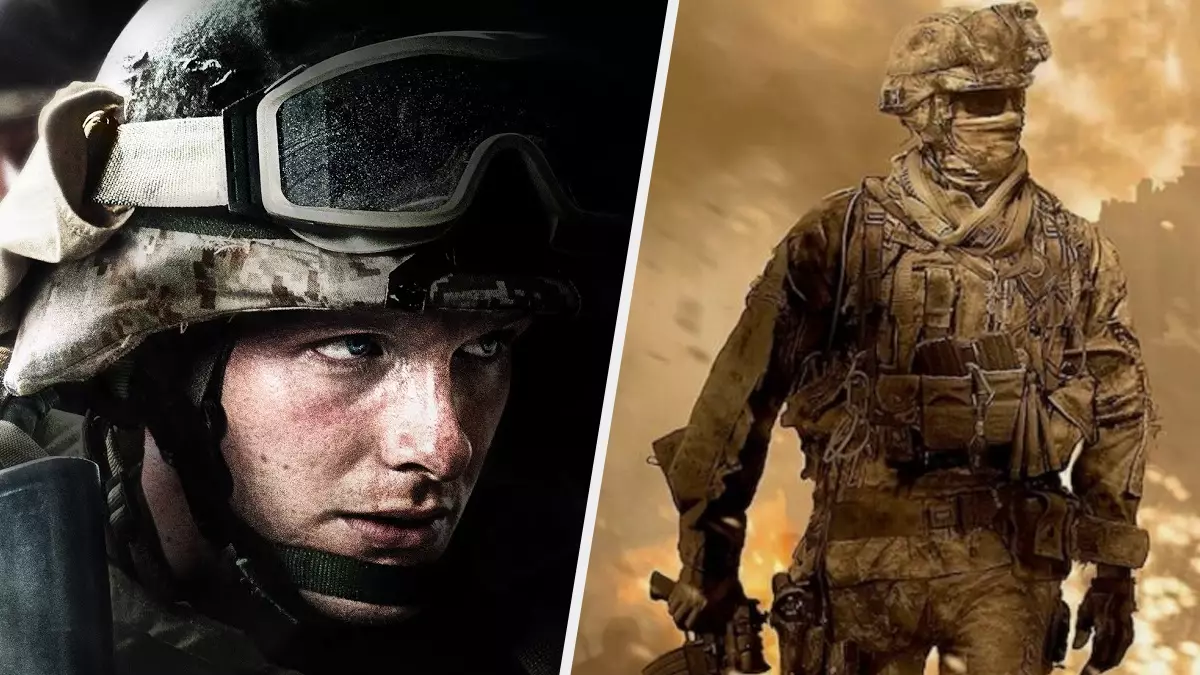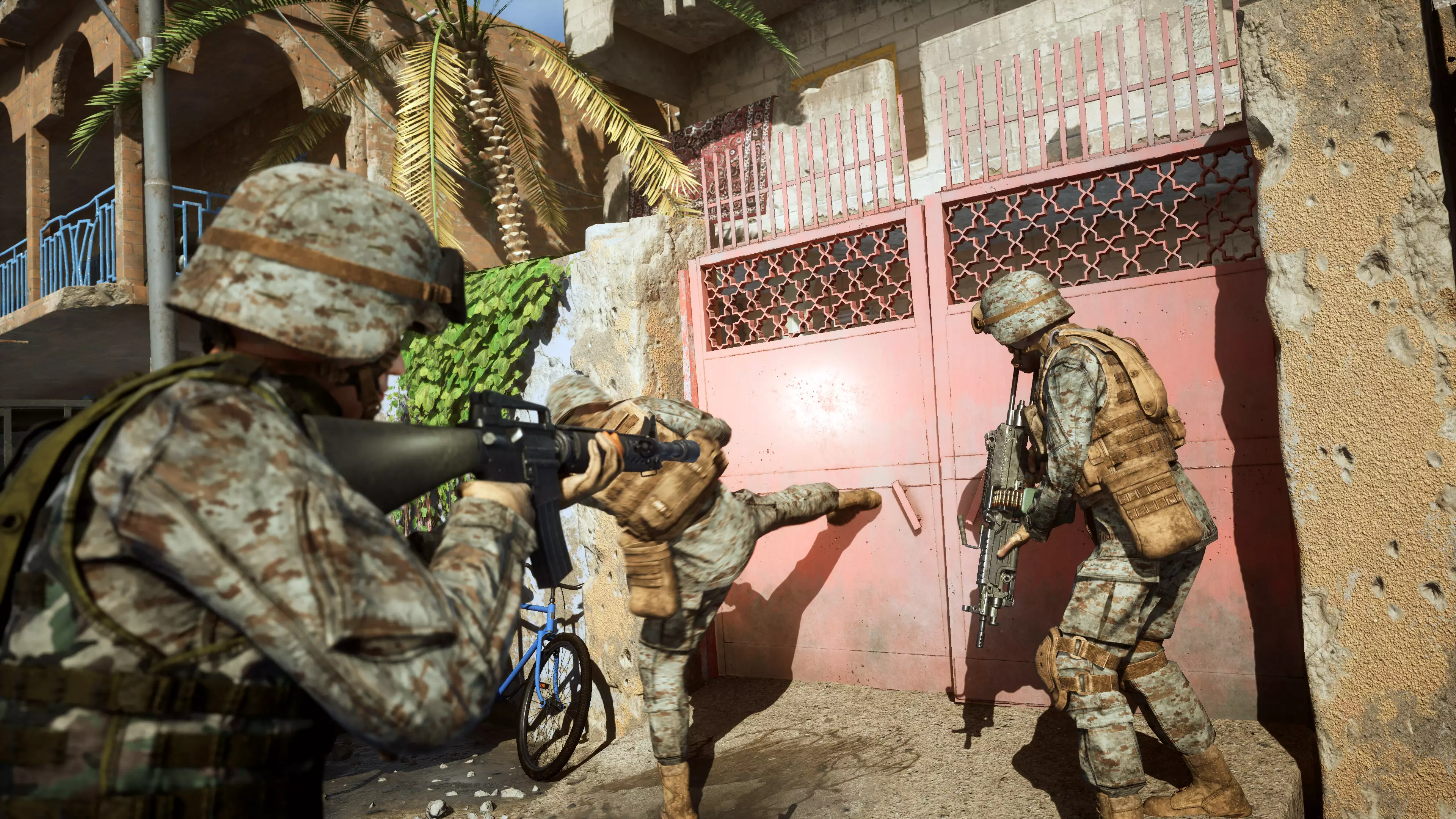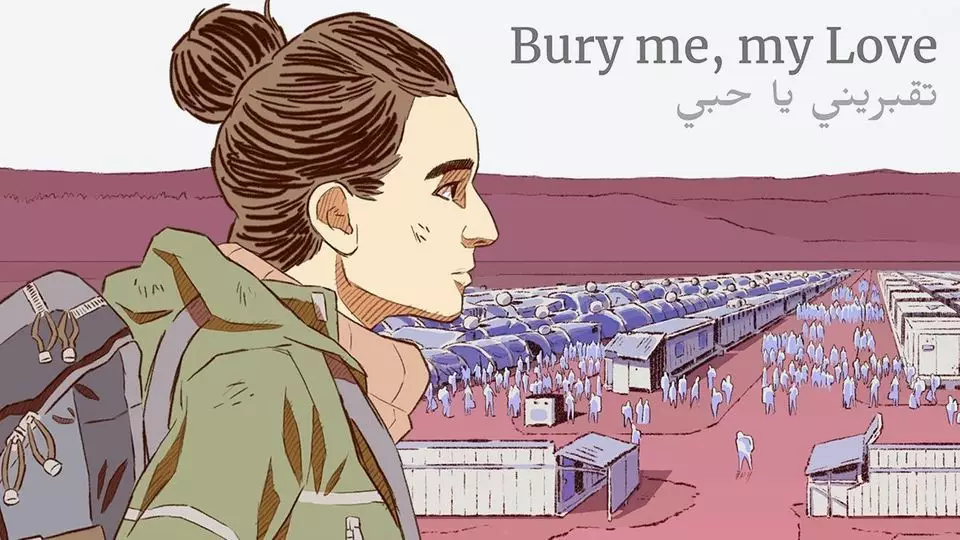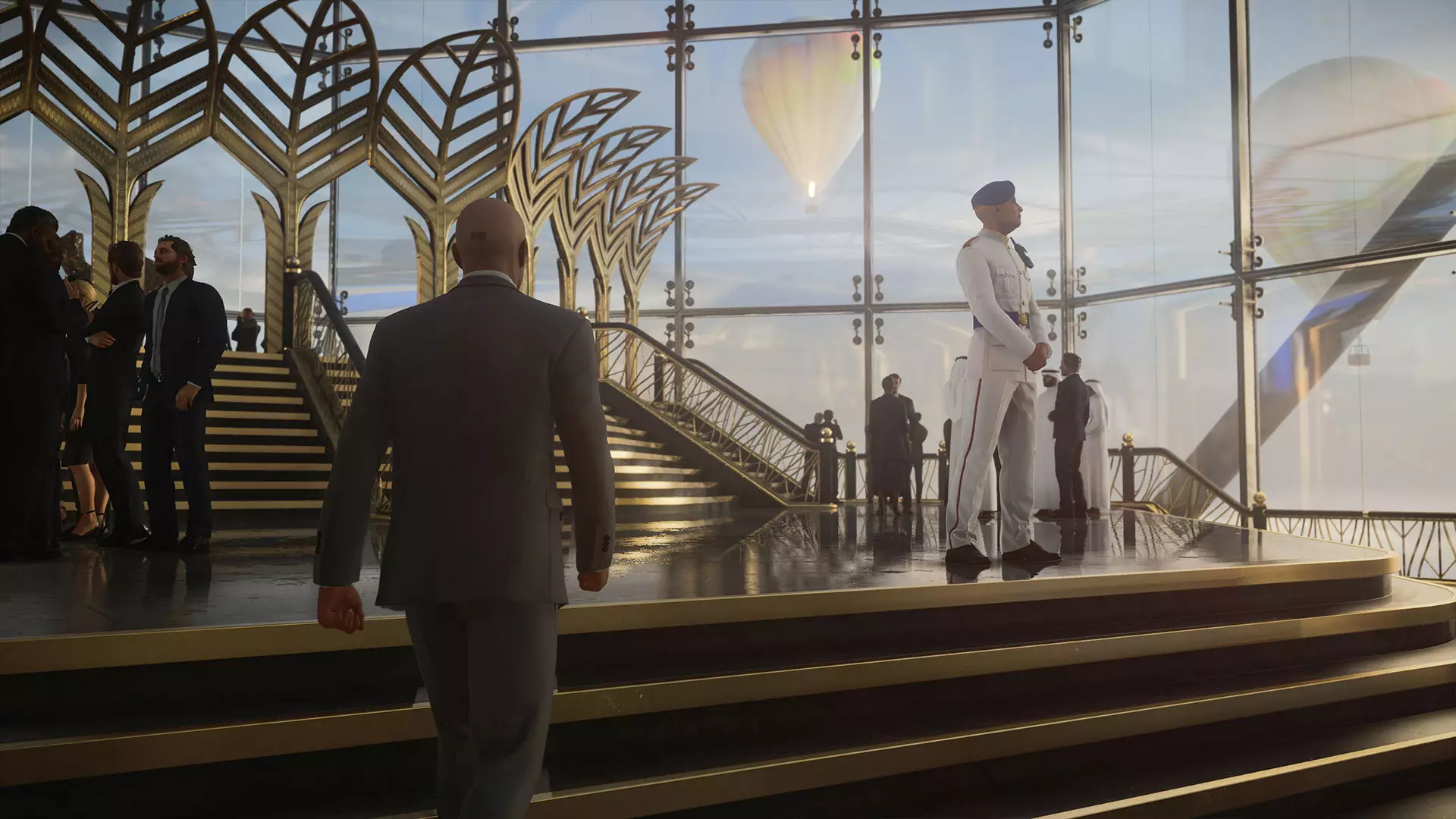
Six Days In Fallujah is an upcoming FPS that has been doing the rounds in the media lately. It's a game that, according to publishers, isn't meant to be political... despite it being based on some inherently political - and utterly horrendous - events.
A lot of focus has been placed on comments made by Victura CEO Peter Tamte, but that's not what I'm here to talk about. Rather than focus on what Tamte said, which has been discussed to death elsewhere, let's talk about the vilification of Arabs and minorities in Western media.
As someone who grew up in Western society, in good ol' Birmingham, England, I was treated to the unique experience of seeing the normalisation of minority folks be the go-to bad guys in the media. As a kid I didn't think much of it. I was too fixated on the cool action sequences and didn't really have the mindset yet to properly digest the problematic nature of what was in front of me.
Advert
Now, as an adult, I'm very aware of how Western media attempts to portray certain groups in a particular way. It's a trope that's being called out more and more as society very slowly progresses, but it's still a major problem.
Video games in particular tend to be a little more problematic as a result of their immersive nature. When playing a video game that normalises players killing hundreds of Arabs, it risks slowly indoctrinating young audiences to see brown people as nothing but throwaway ragdolls. Six Days In Fallujah doubles down on this normalisation with the creators' insistence that it isn't a political game. All this serves to highlight is that it's instead just another game to reinforce the tired, negative trope of minorities being the bad guys for no reason. On top of that, it also attempts to dull the real-world atrocities of the Iraq War through things like its refusal to acknowledge the use of white phosphorus by US troops - something reported to have happened in Fallujah, in late 2004.

These issues are further compounded by a continuing vast lack of representation of minorities in video games. I've touched upon this a few times in my career, highlighting the importance of Kamala Khan in Marvel's Avengers and the disappointing representation from Ubisoft with Assassin's Creed Valhalla. But there are very few games outside of indie titles that focus on minority groups and properly on the stories of people in the Middle-East, which is why Six Days In Fallujah is already disappointing and worrying.
Advert
What happened in Fallujah between 2003 and 2004, and the Iraq War as a whole, remain complex subject matters. While many do recognise the atrocities committed, it is still too often used as a prop in video games such as Call of Duty, Battlefield, and Medal of Honor. Rather than use this setting as an opportunity to educate younger audiences, it's simply being used as a throwaway backdrop. Six Days In Fallujah is just another game that broadly paints brown people as the bad guys and the US troops as the heroes. It is simply another title to continue the vilification of Arabs.
Video games have evolved so much over the last decade or so. They have become an opportunity to educate, as well as entertain. Rasheed Abueideh is a game designer and programmer who made an indie mobile game called Liyla, which highlights the story of a young girl in the war-torn region of Gaza. The Pixel Hunt, an indie studio in Paris, created a game called Bury Me, My Love alongside ARTE France and Figs, which follows a Syrian migrant trying to reach Europe. We need to see more of these stories in the AAA market, and studios just aren't quite taking the right steps to highlight those voices.

The years of vilification of Arabs and other minorities have in fact led to some of the games industry disregarding even the simplest aspects of representing other backgrounds. Earlier in 2021, Arab players quickly pointed out how Hitman 3 failed to get the basics of Arabic right in the Dubai mission. When we're constantly exposed to the idea that a certain minority is lesser than everything else, that minority will come to have lesser importance.
Advert
What can we do?
Arabs and the Middle-East in a lot of Western media are portrayed as being "behind", and "less educated" than First-World nations. A lot of Western game developers don't give things like the way Arabic is written a second thought. Why would you, if what you've been exposed to about the language and those who speak it depicts it as being a lesser language? Years of that kind of exposure will breed widespread unconscious bias, and that bleeds into the work that developers might create.

Unfortunately, with the games industry being predominantly made up of white males, these kinds of issues will keep on happening. The way to counteract it is by having more representative voices within these studios, more representative voices within western games media, and to tell more representative stories in AAA games.
Advert
To the audience reading this, when you see an upcoming game that focuses on other minorities, or takes place in a non-English speaking foreign country, don't just take it at face value. Do some research, read pieces written by folks from those backgrounds, and listen to what they have to say. The more awareness that is brought to this then the more we can do to change things and, hopefully, this piece helps in doing that.
Featured Image Credit: Victura/ActivisionTopics: Opinion